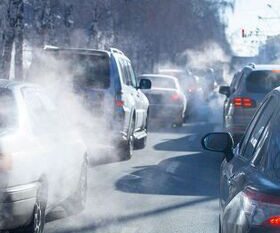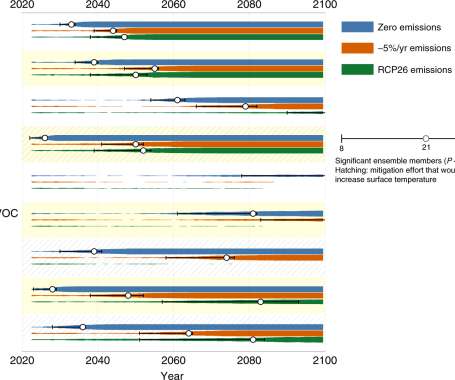Study suggests future climate changes to worsen air quality for >85% of China’s population; ~20k+ additional deaths each year
Green Car Congress
AUGUST 19, 2019
A study by a team of researchers from China, the US and Germany suggests that future climate change may worsen air quality for more than 85% of China’s population, leading to an additional 20,000 deaths each year. Managing air quality in China in a changing climate will thus become more challenging. RCP 4.5). (The































Let's personalize your content